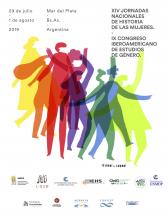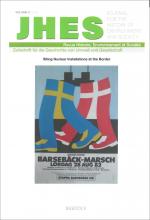Du travail au lieu de vie. Quelles mobilisations contre les risques professionnels et les atteintes à l’environnement ?
Organisé à l’initiative de militants de la santé au travail et de chercheurs en sciences humaines et sociales, ce colloque se fonde sur le constat du développement de pathologies d’origine industrielle et de leur sous-estimation dans les statistiques existantes. Ces maux sont dits et dénoncés par les populations qui les subissent depuis les années soixante-dix, et plus encore dans un contexte de désindustrialisation au cours duquel les travailleurs restent exposés à l’héritage toxique des entreprises qui ferment.


